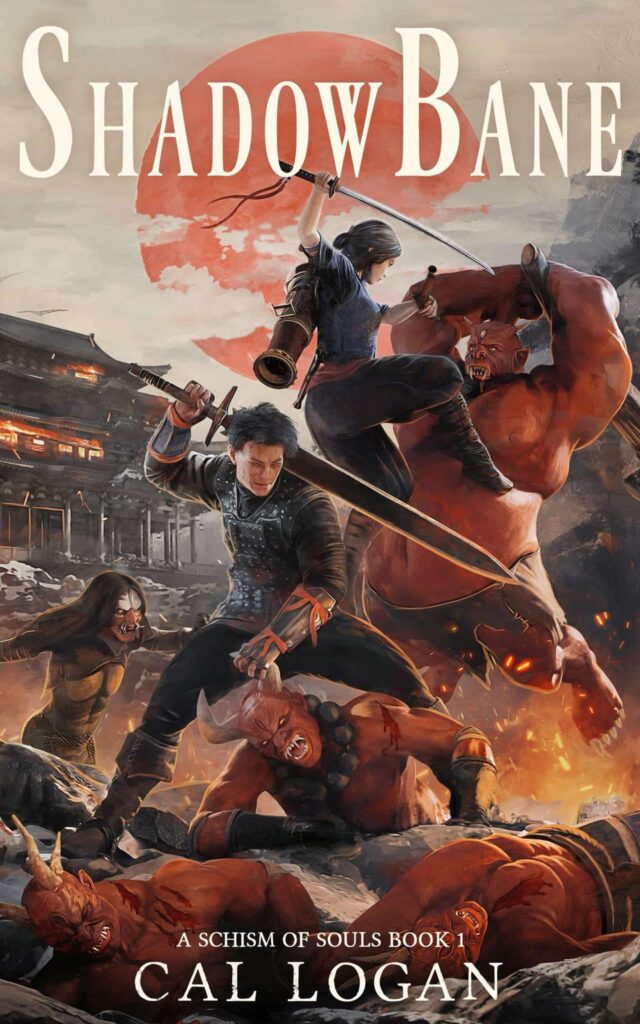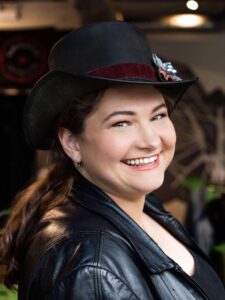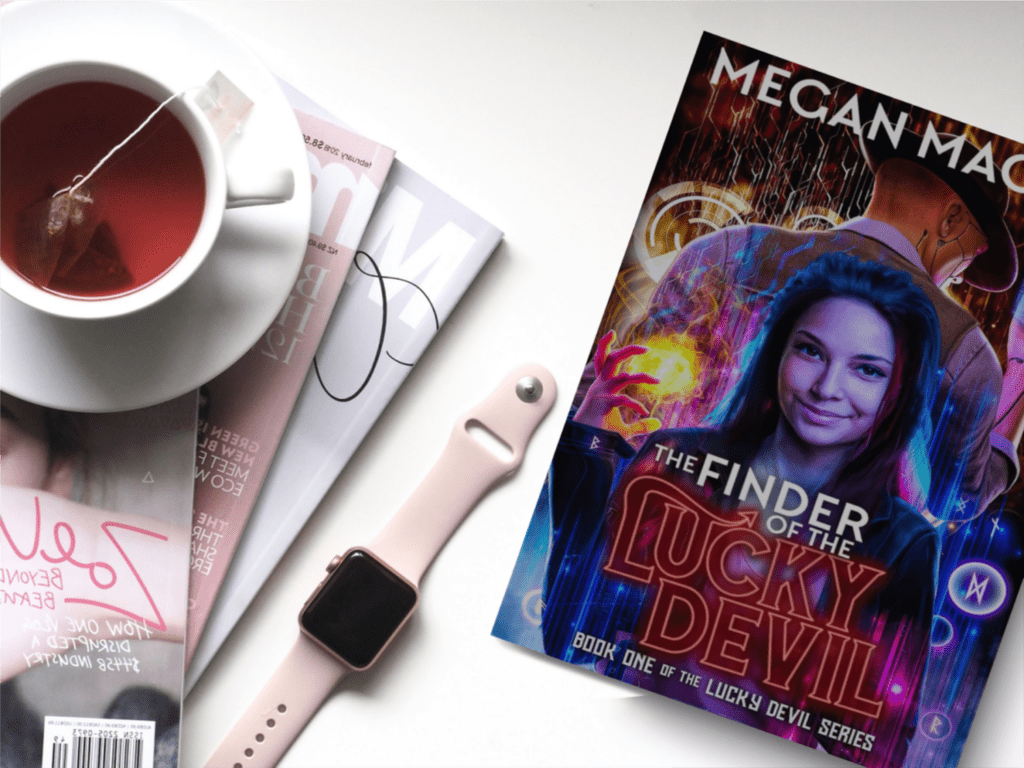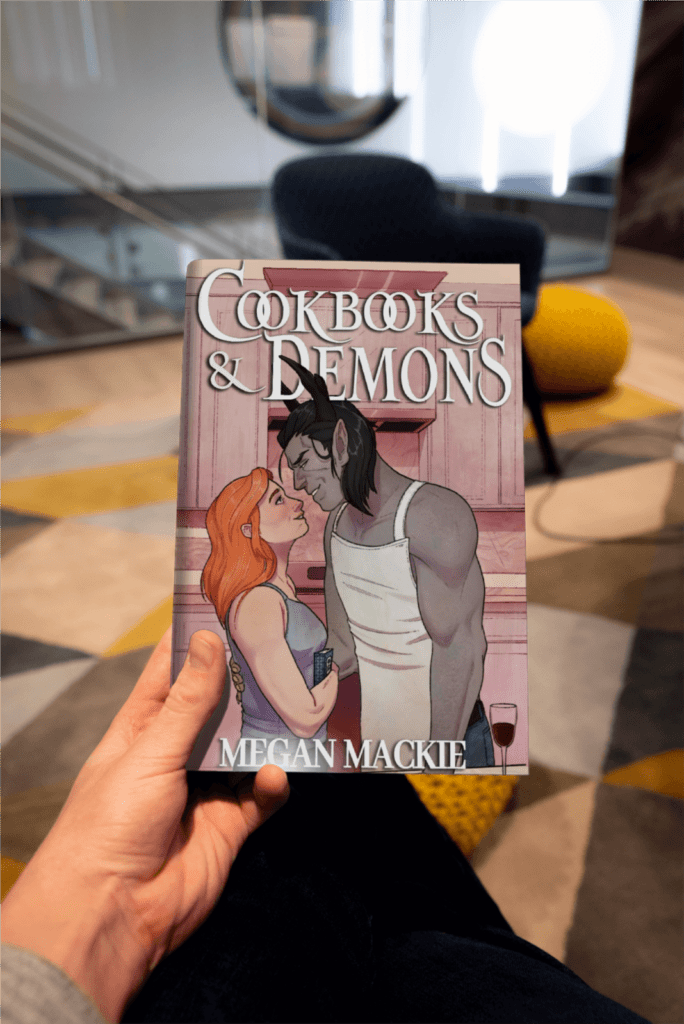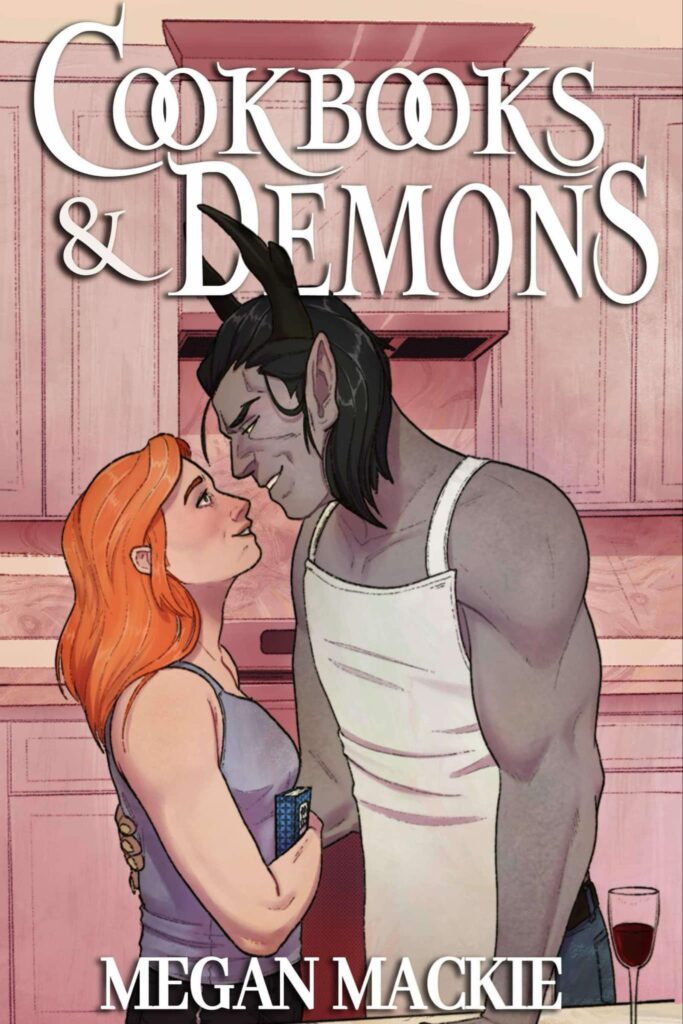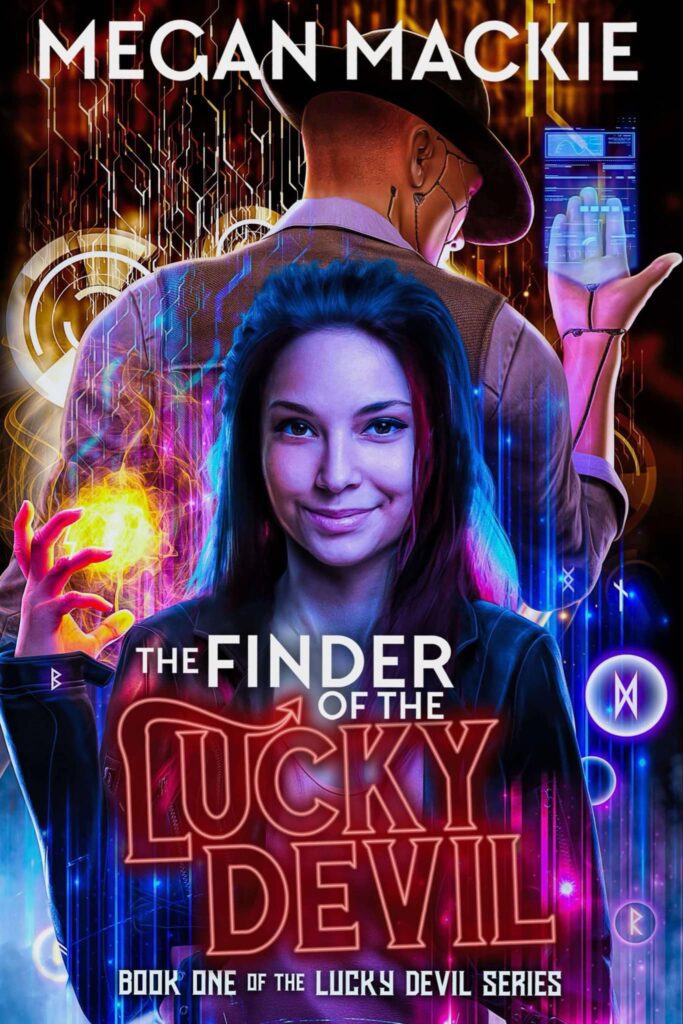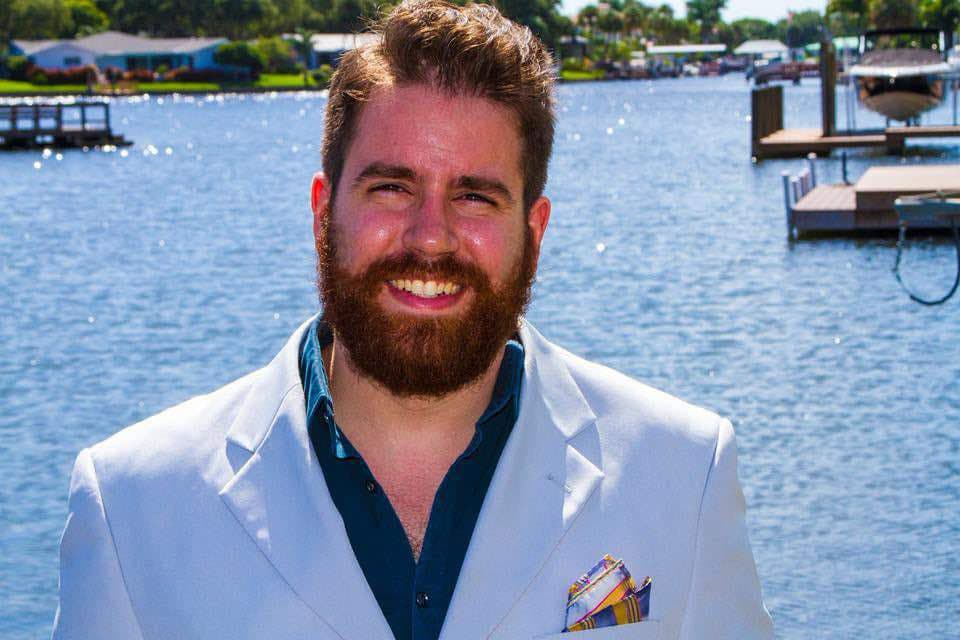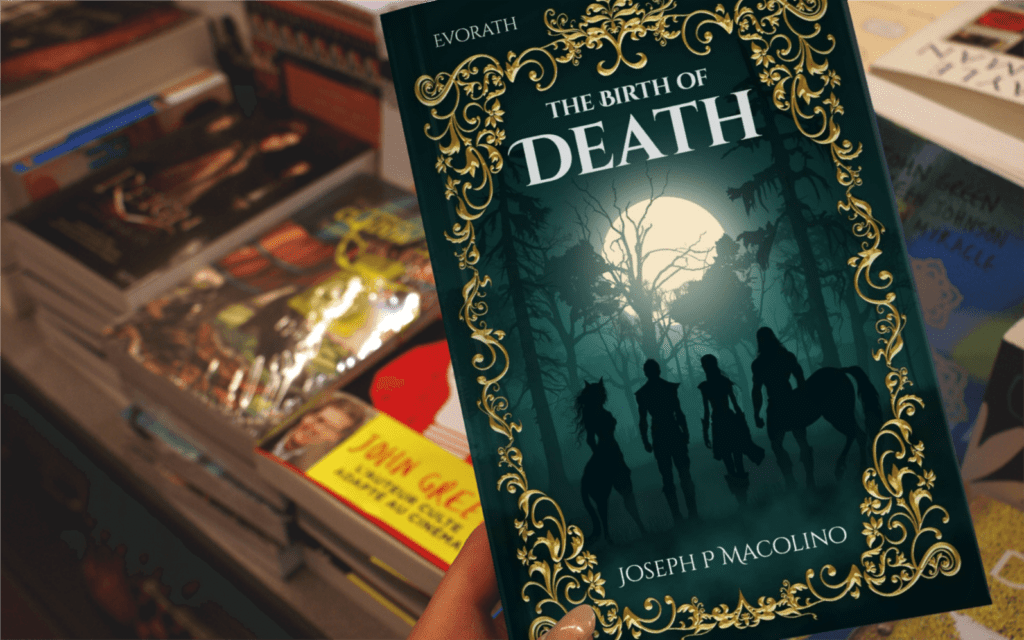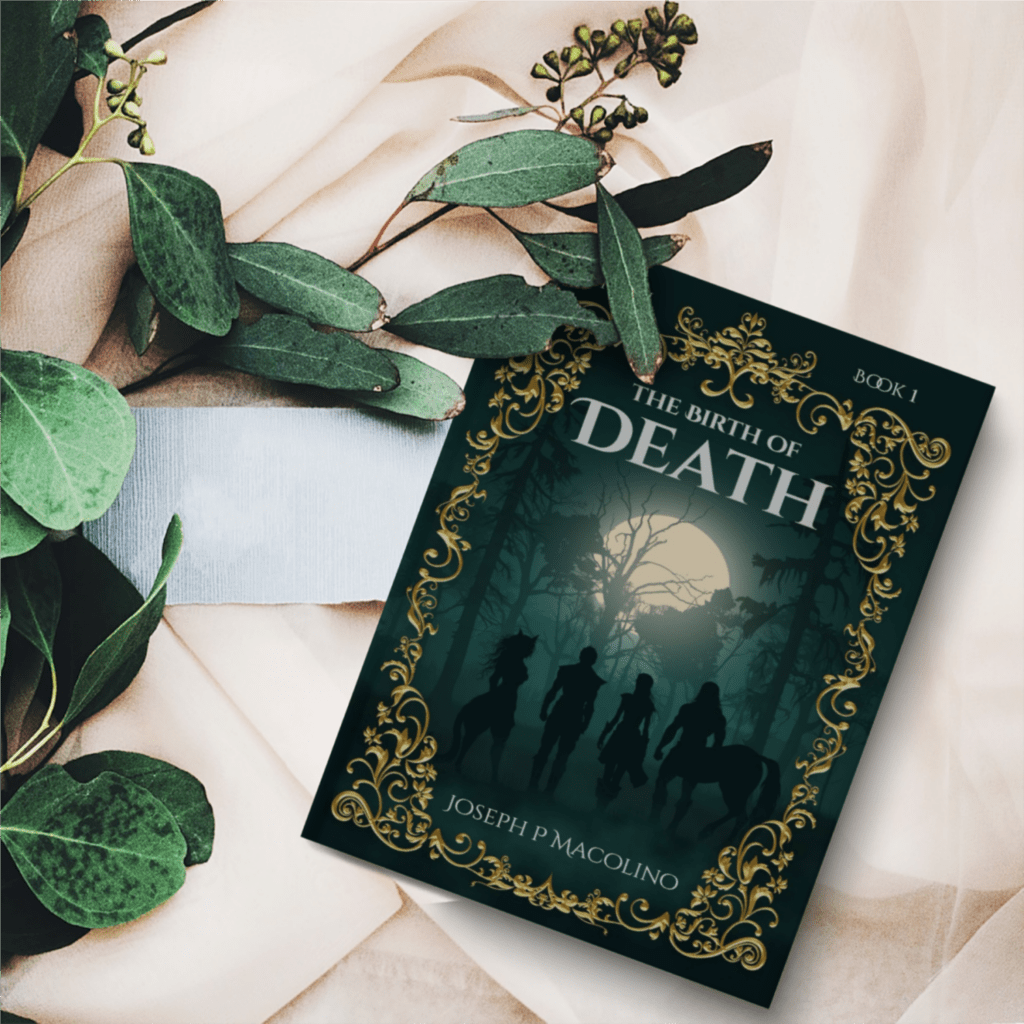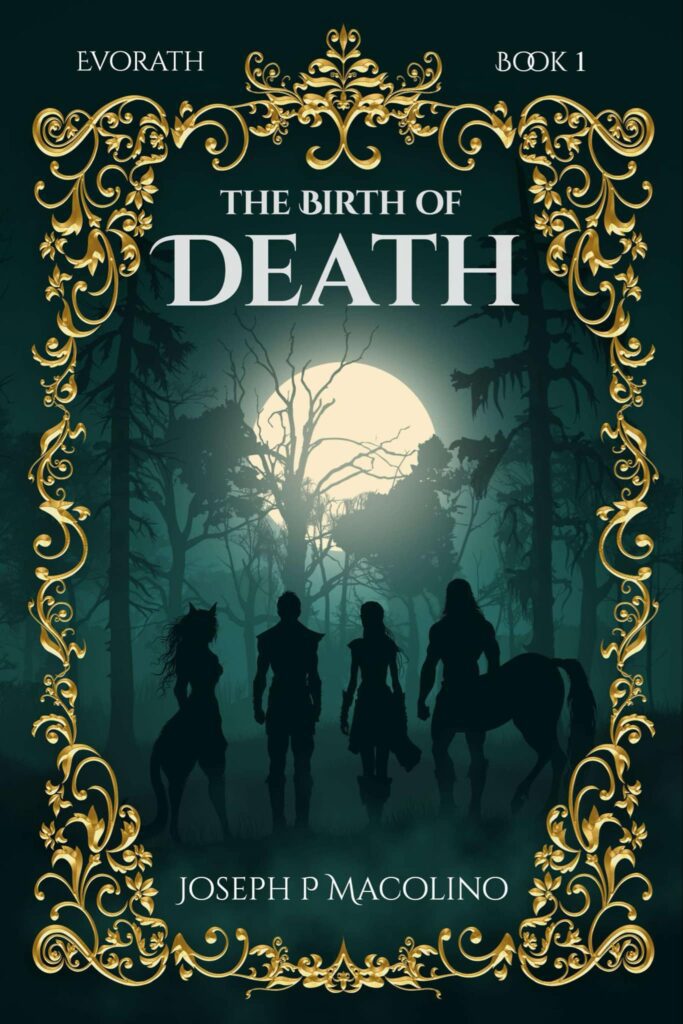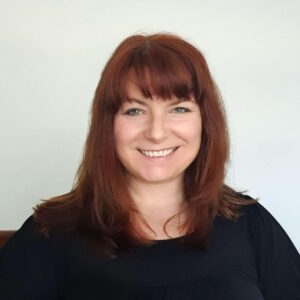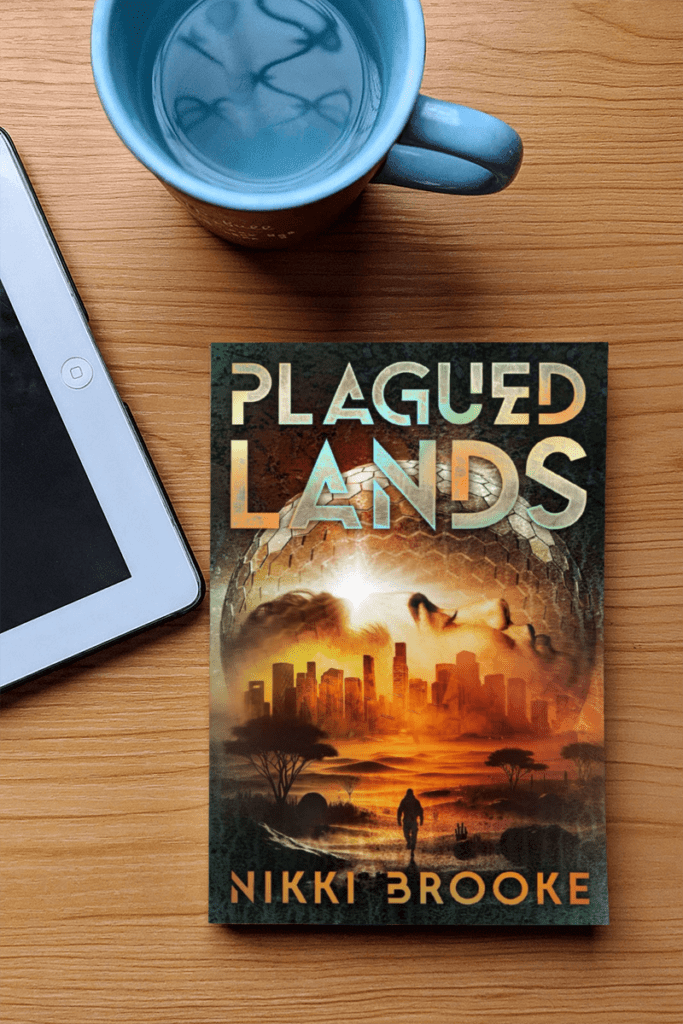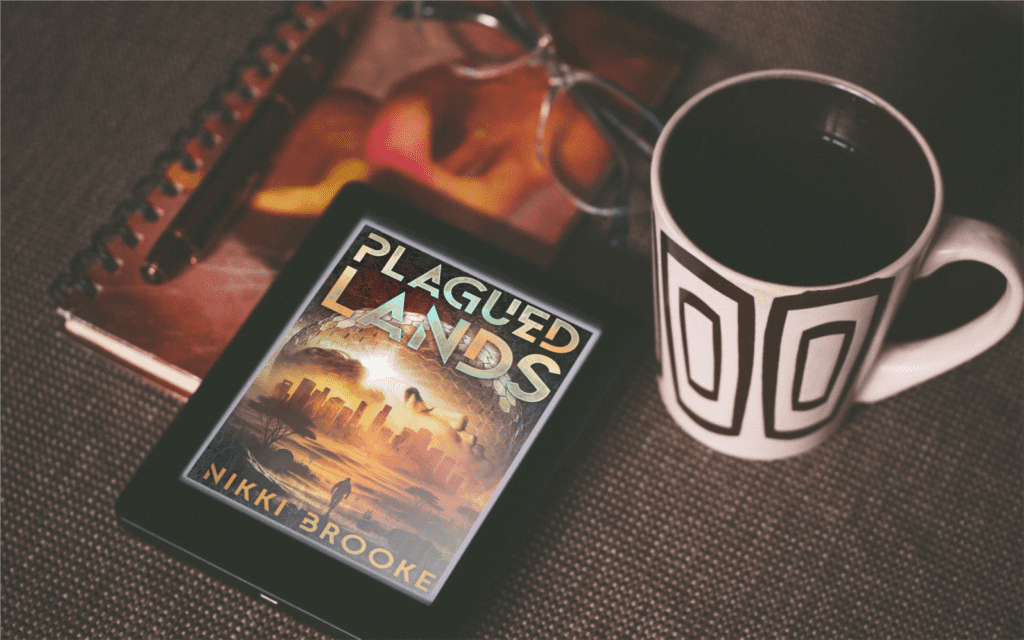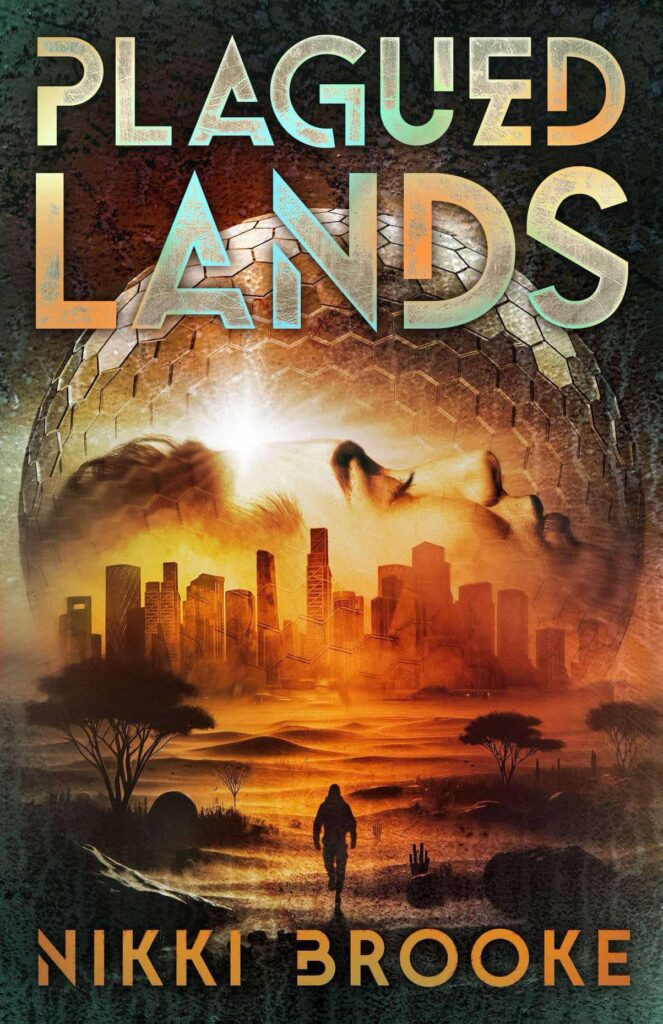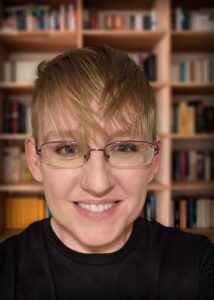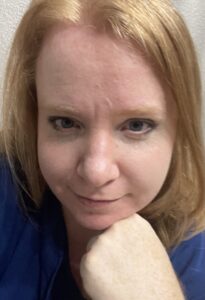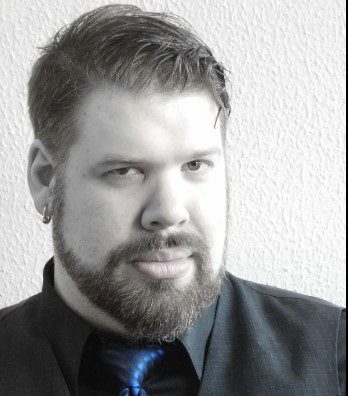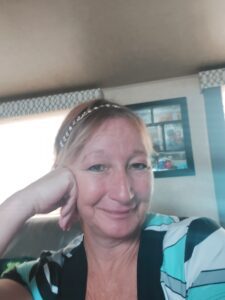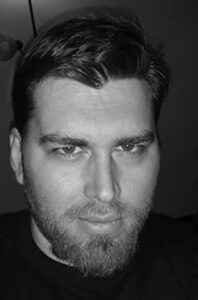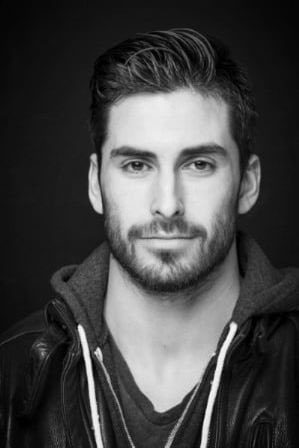
Creatives in Focus: Hey Cal, how’s it going? How have the last few years of global pandemic insanity followed by return to some kind of normal been treating you? And maybe as of yesterday that normal has changed again.
Cal Logan: I’m good, thanks! The pandemic actually gave me a lot more time to write, which was nice, but it was a rough few years for a couple of reasons. Death in the family, major injury, etc. I’m glad things have returned to some semblance of normalcy, barring the recent election. Things always feel a little crazy every 4 years.
CIF: Im so sorry to hear that and glad there was some form of silver lining. It didn’t effect me much, in the sense that I’ve worked at home for as long as I can remember, but my wife did decide to continue working from home once it ended. As an introvert I sometimes appreciated the slowest pace of life and ability to connect more with nature and my family. Of course I know many people who were very negatively affected and I empathize greatly.
CL: Working from home has probably been one of the better long-term effects of the pandemic. I don’t get the luxury of that, being in the fitness industry, but I was happy to see a lot of my friends hit a better work-life balance.
CIF: I’d like to talk about your writing but let’s start with a fun question. If you could have a drink with any author, living or dead, who would it be and why?
CL: Joe Abercrombie. He’s my favorite writer, and judging by the interviews I’ve seen him do, he’s just a cool guy. I think it’d be a lot of fun, and maybe I could steal a valuable nugget of writing wisdom.
CIF: He does seem cool. I’ve tried to reach out a number of times and I’ve never gotten a response. One of the few dark fantasy authors I haven’t gotten a chance to talk to. For me I’d probably say James Joyce because his stream of consciousness style has influenced not only my own writing but many other authors I love, like Tom Robbins, Terry Pratchett and Chuck Palahniuk.
CL: I’ve not read James Joyce, unfortunately. But if he’s influenced Pratchett and Palahniuk, then it sounds like I’m missing out.
CIF: He’s complex but he’s an originator.
CL: Any particular recommendation of his?
CIF: Ulysses. It’s perfect!
CL: That rings a bell. Duly noted!
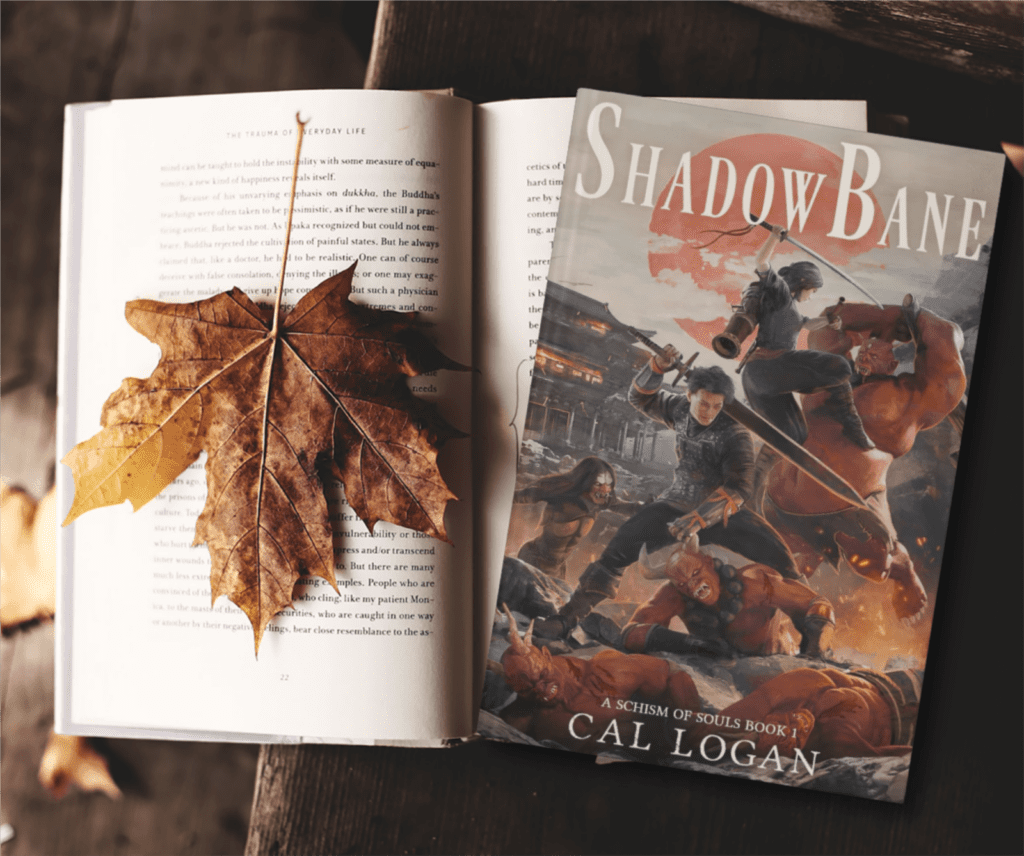
CIF: Let’s start at the beginning. When did you know you wanted to write professionally, and take us on the journey that led to your first published work.
CL: I’ve been writing all my life, but I decided to start taking writing seriously about 8 years ago. Maybe closer to 9 now. I was just-out-of-college-broke, but I bought myself a crappy little chromebook and started working on my first novel.
I got a ton of rejections, got offered a deal from a small press, passed on it, reworked the book, got an agent, nearly got published, but didn’t, then my agent left the industry. That was around the time I decided to self-publish.
CIF: Tell our community about ShadowBane and why it should be everyone’s next purchase? In a sea of speculative fiction, what makes it stand out from the rest?
CL: ShadowBane is the story of Shura and Jin, twins who are mercenary demon-hunters in a world based on Feudal Japan.
I think the most obvious disctinction in ShadowBane is the setting. It’s inspired by late-1500’s Japan, similar to the setting of Shogun, although I take some creative liberties. I also incorporated a lot of Japanese mythology, which is something I haven’t seen a lot of yet.
I also put a lot of work into developing the characters, so even though it’s full of brutal, bloody action, there’s a core of humanity that drives the story and hopefully resonates with people.
CIF: Sounds awesome. Did you write it with a particular audience or market in mind or did you just write what you enjoy reading and hope that an fanbase would come along for the ride?
CL: I just wrote what I wanted to write. I had a strong vision, and I figured if I portrayed it authentically enough, my audience would find me. I don’t trend-chase. I hate the idea of doing that, and I don’t think I’d be good at it even if I tried.
CIF: How much of yourself and the people in your personal life make it into your work? The reason I ask is I find I’m quite narcissistic as a writer and find that I write most of my male MCs as the me I wish I was and most female MCs as my wife as she actually is. Do you have any examples of this?
CL: Haha, I can relate. I definitely have moments where I write a character who represents an idealized version of something I admire, like a character who’s braver than I would be in a given situation.
But I also write characters who have vastly different ethics or morals than I do, people who see the world differently, and that requires me to step away from myself and my own instincts.
As far as an example, one of the protagonists, Jin, is loyal to a fault, but he can also do some pretty heinous stuff. I would never do half the things he does, but his stubbornness and loyalty is easy for me to write, because those are personal traits I have.
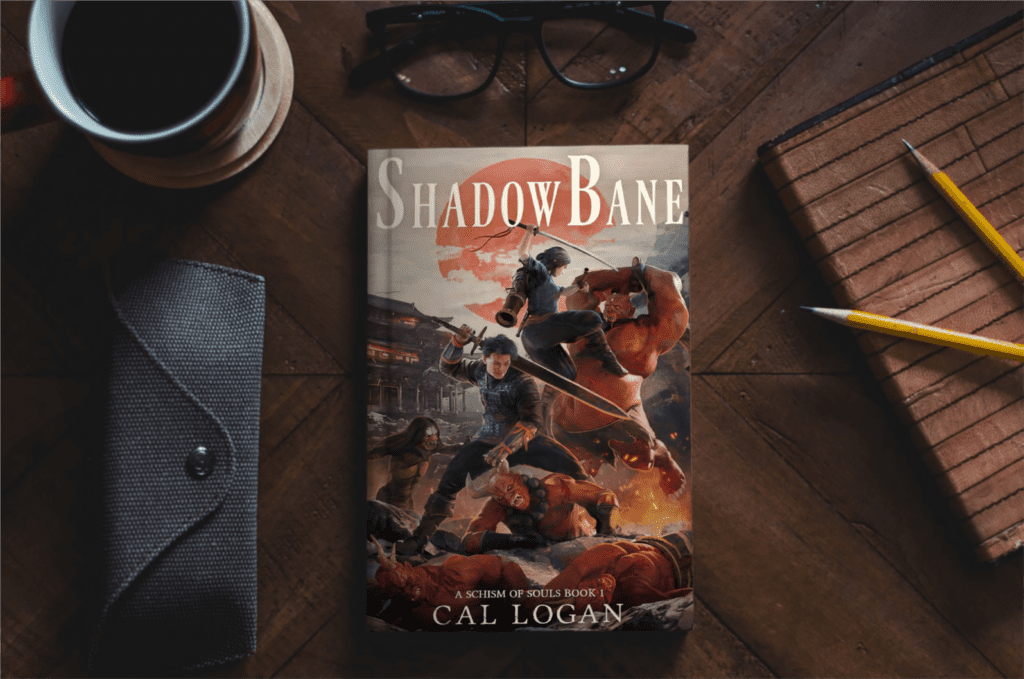
CIF: Was there a particular character that you particularly enjoyed writing in the novel, what made them so compelling? Conversely was there a character that was more of a challenge to write and what made them such a pain in the arse?
CL: I’ll stick with Jin as a character I enjoy writing, because he’s so flawed and complex. He’s also a huge jerk, and it’s fun for me to write a character who runs his mouth and does whatever he wants.
Coversely, the other main character, Shura, was much more difficult for me to write. She’s equally complex, but she comes with a different set of baggage, mainly related to her status as a woman in feudal Japan. Her complexities revolve around her role in society, her insecurities, her desire to elevate herself, and how far she might be willing to go to do so. Those struggles are less relatable for me, so I had to work harder to put myself in her shoes when I was writing her character.
CIF: Let’s shift gears a bit. You’ve self published your work which can be an isolating experience. What have been your biggest joys with the process so far and what have been your biggest obstacles?
CL: The biggest joy has definitely been holding my book in my hands for the first time. That was a surreal moment where it finally felt “for real.”
My biggest struggle has probably been finding a way to get word out about what I’m doing. It’s just not something that comes naturally to me, but it’s obviously part of the territory of being an author, especially a self-published one.
CIF: How important is reader interaction to you and what’s your preferred method of networking with your readers?
CL: It’s a critical part of building an audience and connecting with people. As far as how to do that, I’m still figuring it out. Facebook groups actually seem to have worked the best for me so far. The communities on twitter and IG are great, but I feel like those are more writer-focused as opposed to reaching readers.
CIF: What takes up your time when you’re not writing?
CL: Work. I’m a personal trainer, so I spend about 55 hours on-site every week. I have to squeeze in writing sessions on the train, on my lunch, at night, etc.
CIF: What’s next for you in the coming year? What can readers look forward to?
CL: I’ll be editing ShadowBane’s sequel, planning on a 2026 release. After that, it’ll be on to the third and final book in the trilogy. I try to keep a narrow focus since my time is limited, so that’s really all I’ll be doing on the writing front.
CIF: What one piece of advice can you offer to new and aspiring authors?
CL: I think the most important thing is to be persistent. This industry is rough, and you need some seriously thick skin if you’re going to make it anywhere. You’ll face setback after setback and you’ll make mistakes. All you can do is hone your craft, pick yourself up, and keep moving foward. And be patient. Success takes time. The first book or the second might not do much for you, but maybe the fifth or sixth or seventh might.
